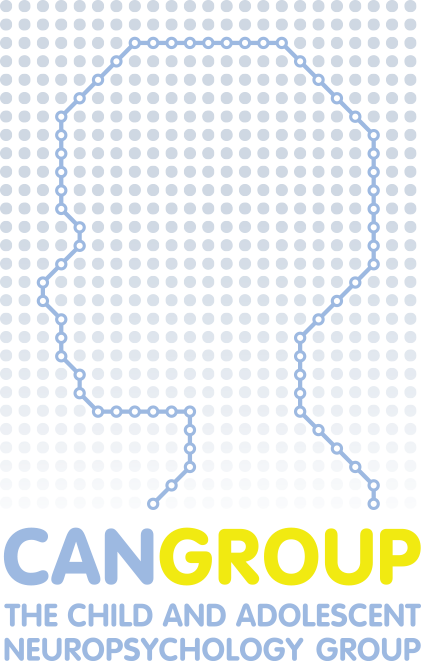Attention-Deficit/Hyperactivity Disorder (ADHD)
ADHD is a neurodevelopmental disorder that begins in childhood and impacts around 7% of school-aged children. The symptoms of ADHD fall into two broad categories: inattentive and hyperactive/impulsive.
Children with inattentive symptoms have difficulty focusing and concentrating, are easily distracted, avoid tasks that require mental effort, can be forgetful, lose items, and have difficulty with organisation. Children with hyperactive/impulsive symptoms have difficulty remaining seated, fidget or squirm in their seat, have difficulty engaging with quiet play activities, struggle to wait their turn, talk excessively, blurt out information, and interrupt.
Children may present with mostly inattentive symptoms (also known as Attention Deficit Disorder or ADD), mostly hyperactive/impulsive symptoms, or a combination of both types of symptoms. The types and severity of symptoms a child displays can change throughout their life (i.e., a child who has mostly hyperactive/impulsive symptoms when younger may have mostly inattentive symptoms as a teenager).
The symptoms of ADHD can impact a range of children’s thinking skills, emotions and behaviours, including difficulties with attention, working memory, executive functioning (planning, organisation, inhibition), learning, self-regulation, and emotions. These symptoms and related difficulties can also impact a child’s academic progress and social development (including making and keeping friends).
An assessment of potential ADHD includes a comprehensive parent interview to understand your child’s development and current presentation/difficulties, questionnaires completed by parents and teachers, and one-on-one testing with your child to assess their thinking skills, emotions and behaviours. Other potentially co-occurring conditions (such as ASD, reading or learning disorders, or Tourette and tic disorders) can also be assessed.
Request further information
For general enquiries, please complete the form below.
Alternatively, if you require a booking with one of our Neuropsychologists,
please click here to proceed to our referrals & bookings page.

